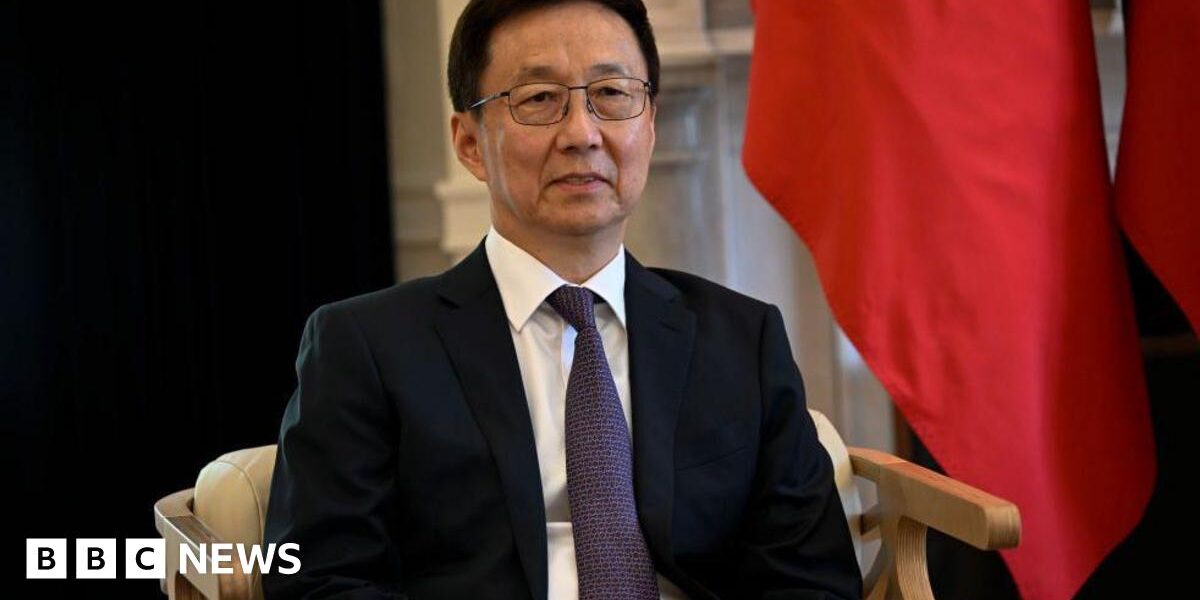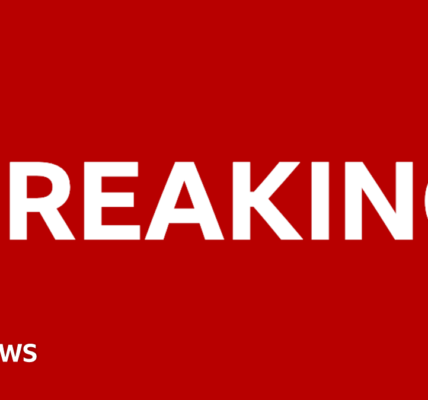As president, Xi has never attended an inauguration or coronation ceremony, choosing instead to send a representative on his behalf. The Chinese ambassador to the US attended the last two presidential inaugurations, in 2017 and 2021.
Beijing has sent vice-presidents to such ceremonies elsewhere, though – Han attended Indonesian President Prabowo Subianto’s inauguration in October 2023. And his predecessor, Wang Qishan, was present for the inauguration of Philippine President Ferdinand Marcos Jr in 2022 and Brazil’s President Lula da Silva in 2023.
Xi’s decision to send Han to the US is a sign that he “wants to get Trump into deal-making mode, but [he] does not want to be a supporting actor in the Trump show on January 20,” says Neil Thomas, a fellow in Chinese politics at the Asia Society Policy Institute.
Other foreign leaders that have been invited to the inauguration include Argentinian President Javier Milei and Italian Prime Minister Giorgia Meloni.
Trump’s spokesperson Karoline Leavitt told US media that the invitation to Xi was an “example of Trump creating an open dialogue with leaders of countries that are not just our allies but our adversaries and our competitors”.
It also could be an attempt by Trump to show the world “he has the ability to influence Xi’s decision-making and they have a special relationship”, says Yun Sun, the director of the China program at the Stimson Center in Washington.
Earlier reports suggested that some Trump advisers wanted Cai Qi to attend. Widely seen as Xi’s right-hand man, 66-year-old Cai sits on the Communist Party’s seven-man Politburo Standing Committee, China’s equivalent of a cabinet.
The Financial Times quoted an unnamed insider saying that Trump would be “unhappy” if the Chinese envoy in attendance was “only at the level of Han or [Foreign Minister] Wang Yi”. The BBC has been unable to verify these claims.
But as vice-president, 70-year-old Han occupies a “very senior role in the Chinese state system” and the decision to send him “accords courtesy to Trump”, says Chong Ja-Ian, a non-resident scholar at Carnegie China.





